Learning the Language
Understand what you need to know when you need to know it.
Student and family engagement in the transition process are two of the most significant factors in determining the ultimate success of the transition. So how can you, as an educator, help to promote that engagement?
Here are a few ideas for engaging students:
- Talk with students about the role they can play in the IEP meetings; you can even go so far as to role play with students to help them prepare for the meetings.
- Talk with students about who will be at the meetings and what is likely to happen.
- Talk regularly with students about their goals.
- Review students’ assessments with them.
- Emphasize the importance of IEP meetings – and in particular, ones that involve transition – to the child’s future. Many students may question whether they are ever going to use Algebra in their adult lives, but very few will miss the relevance of transition, because it’s explicitly about the rest of their lives.
- Promote self-advocacy among your students; if they actually feel like they can have an impact on the transition process, they are more likely to come to meetings and express their opinions.
And here are some ideas for engaging families:
- It is simple – reach out to the family in a way that lets them know you care about them and their child.
- Listen to the family – let them know (and show them) that you really want to hear what they have to say.
- Share information with the family about the child’s disability … but also about the child’s strengths and interests.
- As much as possible, speak with families as if you were a layperson, to avoid educational jargon or other language that may be confusing.
- Help the family get an understanding of the processes and the players involved – the more families feel like they grasp “the lay of the land,” the more likely they will feel empowered to be a part of it.
- Limit any logistical problems – schedule meetings at times and in places that are convenient for the family; help to arrange transportation if possible, etc.
There is no question that it can take quite a bit of work to engage students and families in the IEP/Transition process. But by doing this work, you are likely to get a much larger return on the investment of all the other work you are already doing for the student.



